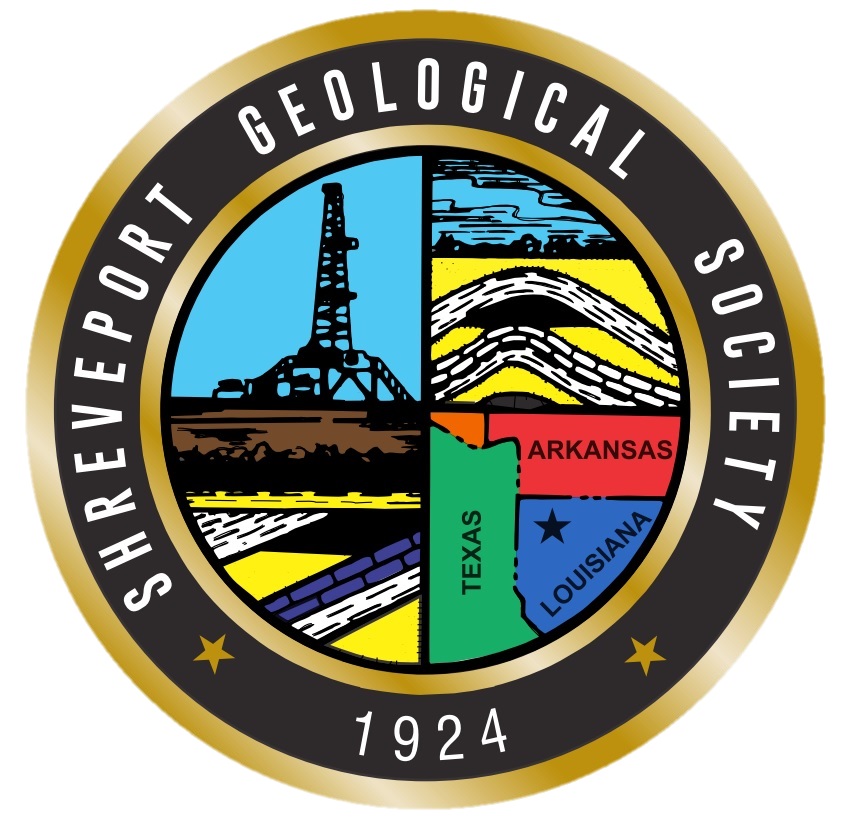The Petroleum Club of Shreveport, 15th floor
Cost: $20, Children 10 and under $8
We encourage members to invite guests, spouses, and friends to any of our meetings.
If you’d like a seat, kindly use the form below to make your reservation by the preceding Friday.
Biography
Dr. Jacob Jin
James D. (Jamie) Robertson is a partner in Salt Creek Petroleum LLC, an independent oil and gas company active in exploration and production in onshore Texas. Prior to becoming an independent, he worked for Atlantic Richfield Company (ARCO) for 25 years, retiring as exploration vice president of ARCO’s international division when ARCO merged with BP plc in the year 2000. He is a past president (1994-95) and honorary member of the Society of Exploration Geophysicists, a three-time winner of best paper awards in SEG journals and annual meetings, a founding member and past chair of the Fort Worth Chapter of SIPES and a licensed professional geoscientist in the state of Texas. Jamie received a B.S.E. in geological engineering from Princeton University and a Ph.D. in geophysics from the University of Wisconsin.
Abstract
Climate is constantly changing at many time scales from millions of years to decades. The drivers range from the long-term impacts of plate tectonics and orbital oscillations to the shorter-term impacts of solar radiation and volcanic activity. Many diverse datasets converge to show that earth’s climate is currently warming; average global surface air temperature on land, for example, is 3o F warmer presently than in the late 1800s. Direct measurements also show that greenhouse gas concentrations in the atmosphere have increased in recent time; carbon dioxide (CO2) concentration, for example, is more than 35% higher presently than in the late 1800s. There are no significant natural sources of this rise in CO2. The sources virtually all relate to human activity: electric power plants, transportation, cement plants, residential and commercial heating, agriculture and landfills. Is this rise in CO2 the probable cause of the current climate warming? Multiple lines of evidence suggest yes: (1) the greenhouse effect is established science; (2) directly measured heat exchange at various levels in the atmosphere demonstrates increasing net warming over time consistent with an increasing greenhouse effect; (3) the troposphere is heating while the stratosphere is cooling consistent with an increasing greenhouse effect (if solar radiation was the cause, both would be heating); (4) nights are warming faster than days and winters warming faster than summers, also a fingerprint of a greenhouse cause rather than a solar radiation cause; and (5) climate simulation models as they improve are supporting the CO2 to climate warming link. Hypotheses that climate warming over the past century is all natural (caused by solar radiation changes, volcanic activity, jet stream and ocean current fluctuations and the like) are not supported by scientific data, though these natural drivers do have discernible impacts over short time spans.







































